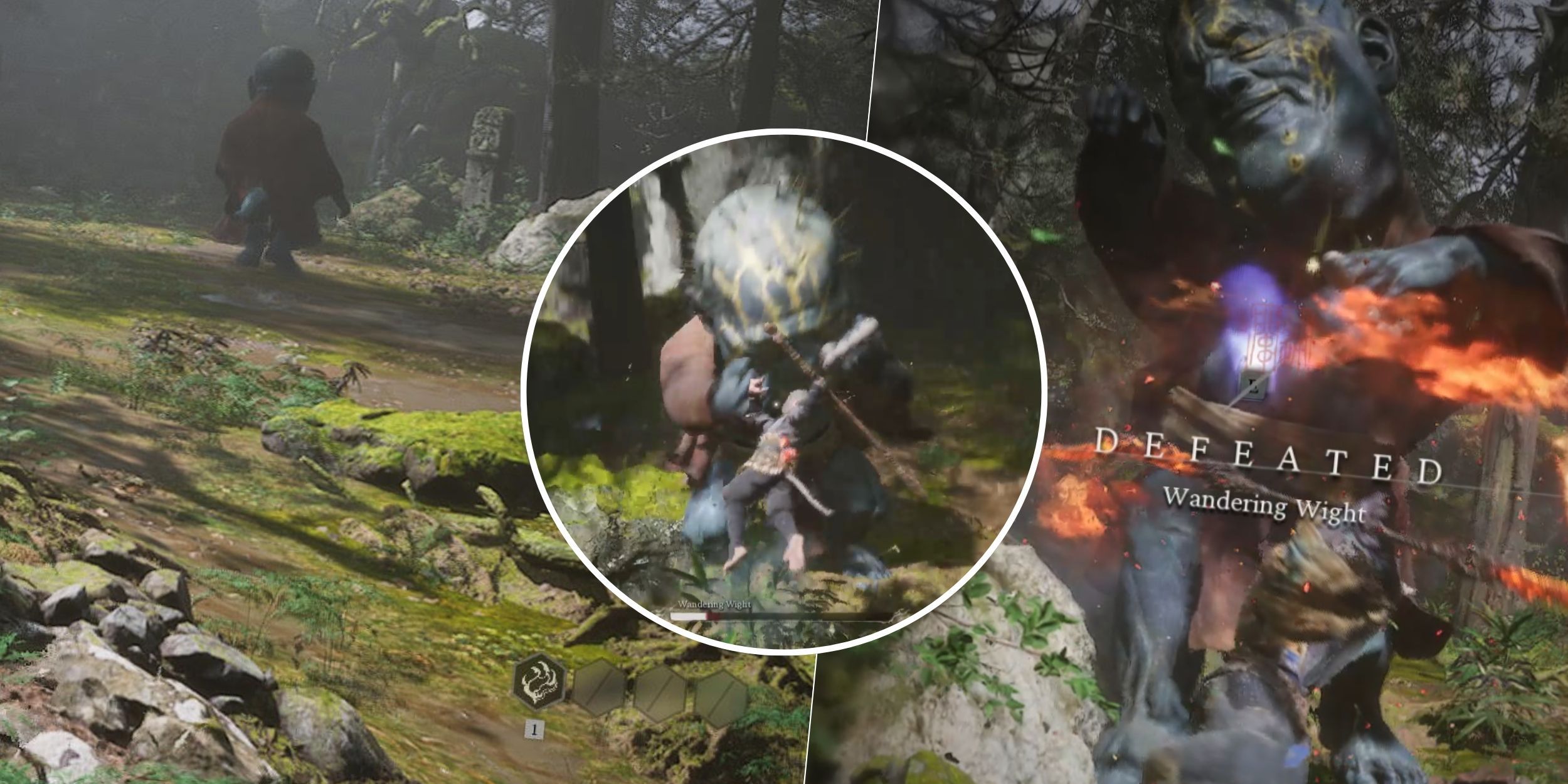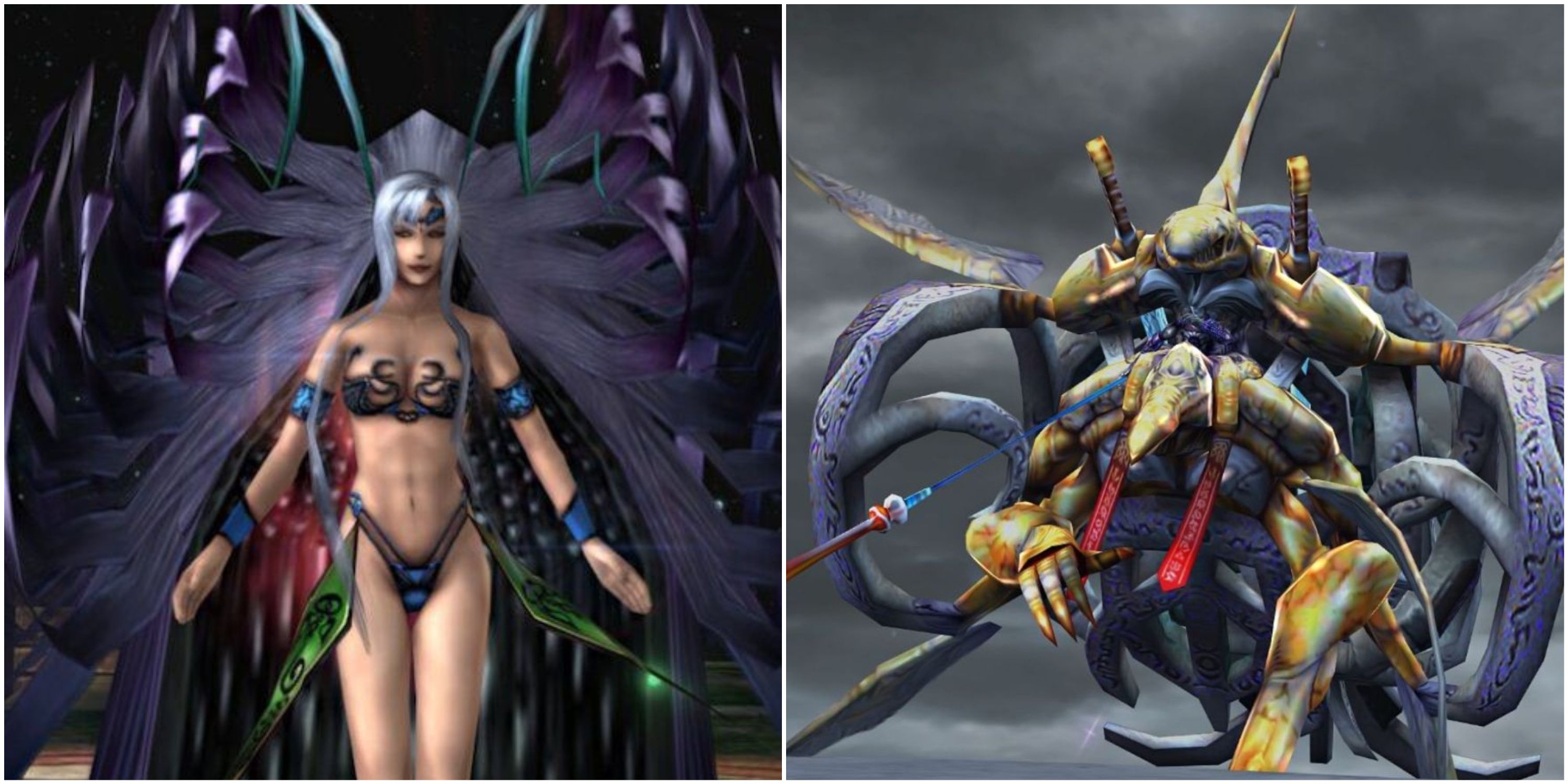Highlights
- Benioff and Weiss were surprised by the magnitude of fan backlash to the Game of Thrones series finale.
- The finale, while divisive, prioritized spectacle over substance, leaving many fans disappointed.
- Despite moving on to new projects, the backlash serves as a reminder of the challenges faced by showrunners.
Game of Thrones showrunners David Benioff and D.B. Weiss recently addressed the divisive fan reaction to the series finale, acknowledging that while they expected some controversy, the magnitude of the backlash took them by surprise.
The final season of Game of Thrones was one of the most highly anticipated television events of the decade. After years of complex storytelling and character development, fans had high expectations for how the epic saga would conclude. However, when the series finale aired in 2019, it was met with a mixed response with some fans voicing their criticisms and dissatisfaction with how the show wrapped up its various storylines.
Game of Thrones: Who is Septa Unella?
This devout follower of Westeros’s mightiest religious movement is instrumental in one of the show’s most iconic scenes.
In a recent conversation with Josh Horowitz, Benioff and Weiss acknowledged the negative reaction to the Game of Thrones series finale, admitting that it took them by surprise. While they expected the finale to be divisive, they didn’t anticipate the level of backlash it would receive. Benioff stated, “I think we knew it would be controversial, I think we hoped that it would be a little more 50/50. I think you hope for a better proportion of…we definitely didn’t want it to be quite so much hate. We were prepared for some of it.” Weiss added that they hadn’t accounted for the “network effects” and how social media amplified the negative feedback, creating a domino effect of criticism that quickly spiraled out of control.
While there were a few redeeming moments, such as the humorous exchange between Sansa and her uncle Edmure, and Tyrion’s efforts to rebuild Westeros, the overall execution of the finale felt rushed and unsatisfying. The death of Daenerys at the hands of Jon Snow, while anticipated by some, lacked the emotional weight it should have carried after her character’s complex arc. Additionally, the fates of characters like Jaime and Cersei Lannister, who were pivotal throughout the series, were resolved in an anticlimactic manner, leaving viewers uncertain of how to feel about their demises. The sense of disappointment was compounded by the feeling that the showrunners had prioritized spectacle over substance in the final season, sacrificing the storytelling that had made the show so captivating in the first place.
Despite the mixed reception to the finale, Benioff and Weiss have moved on to their next project, an adaptation of Liu Cixin’s Remembrance of Earth’s Past series for Netflix titled 3 Body Problem. The show has already garnered attention for its complex narrative and cast. It follows a group of scientists, known as the Oxford Five, and a determined inspector as they investigate a series of mysterious suicides and uncover a vast extraterrestrial conspiracy. The show has been relatively successful on Netflix, as it recently claimed the number one spot on the global top 10 chart. However, it remains to be seen whether Benioff and Weiss will be able to win back the trust of fans and deliver a more universally satisfying conclusion to the adaptation.
The reaction to the Game of Thrones series finale serves as a reminder of the challenges faced by showrunners when adapting beloved source material. The immense pressure to deliver a satisfying conclusion to a long-running series can be overwhelming, and the expectations of fans can be difficult to meet. It also highlights the subjective nature of storytelling and the difficulty in pleasing a diverse audience. What may work for some viewers may not resonate with others, and the showrunners’ vision may not always align with the expectations of fans. Therefore, it is important to find a balance between staying true to their creative vision and engaging with fan feedback.
All eight seasons of Game of Thrones are available for streaming on HBO Max.

Game of Thrones
Game of Thrones, based on the Song of Ice and Fire book series by George R.R. Martin, tells the sprawling story of warring families in Westeros. This includes the Starks, the Lannisters, the Baratheons, and the Targaryens. Along with human conflicts, Westeros is also threatened by the re-emergence of dragons, and an undead enemy from beyond the Wall.

Game Of Thrones: Deadliest Poisons, Ranked
As if White Walkers weren’t bad enough, the world of Game of Thrones is also home to an array of dangerous poisons. Here are the most deadly ones.
Source: Josh Horowitz








